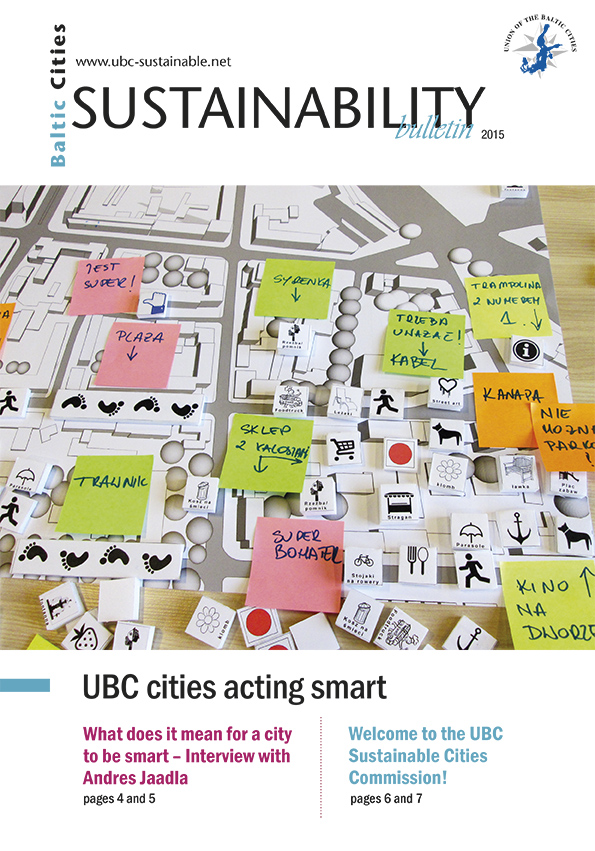The Moment of Cities and Sustainability
This autumn is a special time for sustainable development and for cities: in September, the United Nations adopted the global Sustainable Development Goals (SDGs). Building on the rather good success of the preceding Millennium Development Goals, these new goals bring together the economic, social and environmental development agendas and set concrete targets for the next 15 years, up to 2030. For the first time in history, these 17 goals include a specific one for cities (goal number 11).
In December, the Conference of Parties (COP) 21 will most likely agree on the new climate protection measures in order to save the planet from fatal over-heating.
As of today (9 October), the world’s countries have already committed to mitigation actions that would limit the likely raise of global temperatures below three degrees centigrade. This is promising, although still by far not enough to keep the world safe and liveable for future generations.
Cities and towns are crucial for the implementation of both the SDGs and a successful climate policy. At the same time they have much to gain from both. According to a recent estimation by the Climate Economy Group, the investments to clean urban solutions have an economic potential of 17.000 billion US dollars. Such solutions are usually also best developed in cities.
However, getting the benefits from this urban market is not a matter of reaping bounty. There is a number of cities in the world that can be called “green economy leaders”. Such cities have top climate policies and boost innovation and business development for new clean solutions. Luckily for us, the top cities include also several UBC members. In the recent global listing of leading climate commitments by the Climate Group and Carbon Disclosure Project, among the top nine cities six were from the Baltic Sea region.
What does it then require for a city to become a green economy leader and how can UBC support its members in this? The success factors of leading cities have been analyzed among others by the London School of Economics and Political Science (LSE). Case study examples have included for instance Stockholm and Copenhagen. According to LSE’s findings, the leading cities have both top environmental policies and excellent circumstances for business development. This is not a piece of cake to achieve, but it certainly is worthwhile and these goals are actually better reached in combination.
Our region and the UBC have all the potential to be world leaders in the development of climate smart cities and green urban economies. This is also an explicit aim of the new UBC Sustainable Development program, to be adopted at the General Conference in Gdynia in the end of October. There could not be a better moment for this!
Risto Veivo
Co-chair UBC Sustainable Cities Commission
Development Manager Climate, Environment Policy and
Sustainable Development
City of Turku
